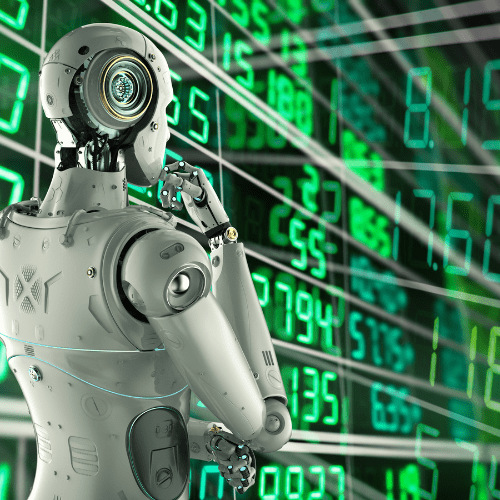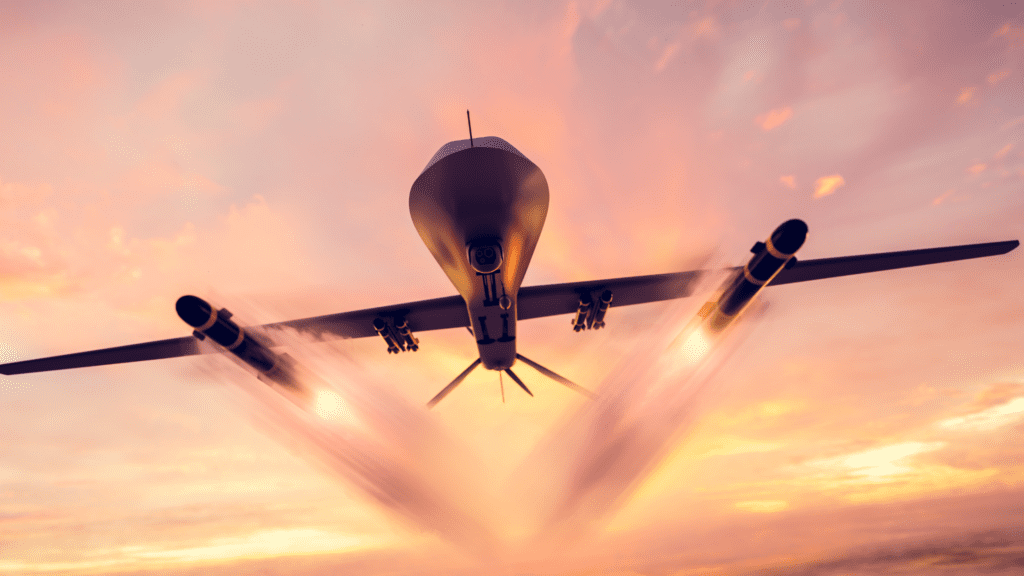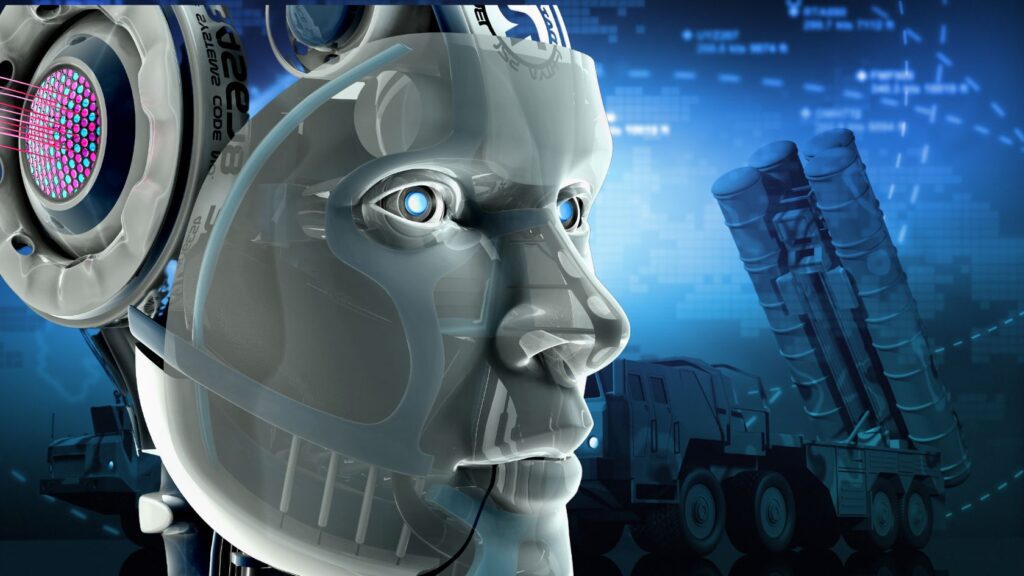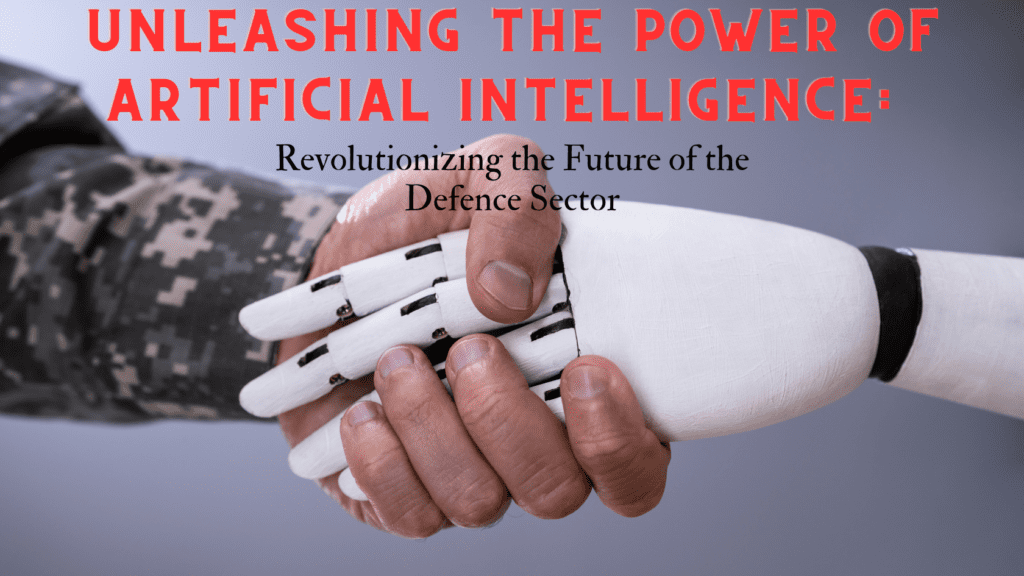Revolutionizing the Future of Defence Sector with Artificial Intelligence AI
Artificial Intelligence (AI) is no longer confined to science fiction; it has become a game-changer in various industries, and the defence sector is no exception. With its potential to transform warfare and revolutionize military operations, AI is shaping the future of defence in unprecedented ways. From autonomous weapons to predictive analytics, AI is redefining the landscape of defence technologies, ushering in a new era of capabilities and strategies.

According to a report by the Center for a New American Security, over 70 countries are actively investing in military AI applications, highlighting the global race to harness the power of AI in the defence sector.

The market for military AI is projected to reach $18.82 billion by 2025, with applications ranging from autonomous weapons and surveillance systems to cybersecurity and logistics management.

A study by Deloitte found that AI technologies can potentially reduce defence spending by up to 15% and increase operational efficiency by 40%, making it a strategic priority for defence agencies worldwide.
The use of AI in the defence sector is not just about technological superiority, but also about strategic advantage. AI has the capability to enhance decision-making, increase efficiency, and save lives on the battlefield.
Dr. Sarah Chen, Defense Advanced Research Projects Agency (DARPA) Tweet
The applications of AI in the defence sector are vast and diverse. One of the most significant areas where AI is revolutionizing the future of defence is through predictive analytics. AI algorithms can analyze vast amounts of data, including sensor data, satellite imagery, and social media feeds, to identify potential threats and provide real-time situational awareness to military personnel. This allows for more informed decision-making and proactive measures to thwart threats before they materialize, reducing the risks to soldiers and enhancing overall operational effectiveness.

Another game-changing aspect of AI in the defence sector is the development of autonomous weapons. These include unmanned drones, robots, and vehicles that can operate without human intervention, carrying out missions in environments that may be too dangerous or inaccessible for human soldiers. Autonomous weapons can gather intelligence, conduct surveillance, and engage in combat, reducing the risk of human casualties and changing the dynamics of warfare.
Additionally, AI is transforming military operations through machine learning algorithms that can analyze vast amounts of historical and real-time data to detect patterns and trends, enabling predictive insights and strategic planning. This allows defence agencies to optimize resource allocation, logistics management, and mission planning, resulting in more efficient and effective military operations.
The power of AI in the defence sector is further amplified by its ability to process and analyze large amounts of unstructured data, such as social media feeds and open-source intelligence. This enables defense agencies to gain valuable insights into potential threats, identify propaganda and misinformation, and track the activities of adversaries in real-time, providing a significant advantage in strategic planning and decision-making.

Despite the tremendous potential of AI in revolutionizing the future of the defence sector, there are also ethical and legal concerns that need to be addressed. The development and use of autonomous weapons raise questions about accountability, human oversight, and the potential for misuse. There is a need for robust regulatory frameworks and international agreements to ensure that the use of AI in the defence sector adheres to ethical and legal standards.
In conclusion, Artificial Intelligence is reshaping the future of the defence sector in unprecedented ways. From predictive analytics and autonomous weapons to machine learning algorithms and data-driven decision-making, AI is revolutionizing the landscape of defence technologies. As technology continues to advance, the strategic advantage of AI in military operations cannot be ignored. However, ethical considerations and regulatory frameworks must be in place to ensure responsible and accountable use of AI in the defence sector.





